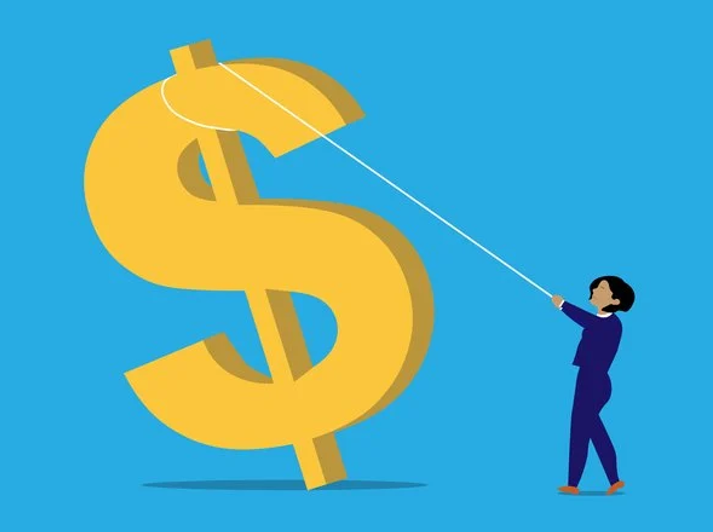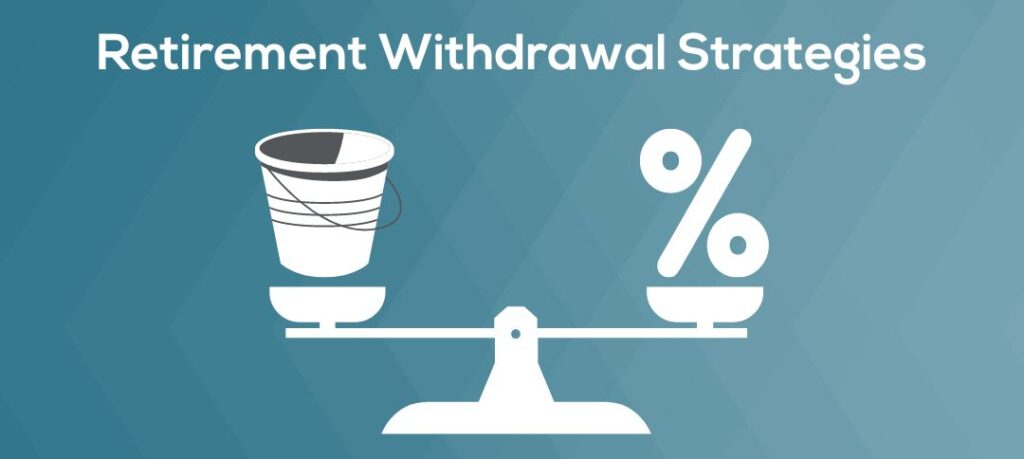The topic of marijuana use and its impact on life insurance policies has been increasingly debated in recent years. As marijuana becomes more accepted for medicinal and recreational uses in many states, understanding how it interacts with your life insurance policy becomes even more critical. In this blog post, we’ll break down how life insurance companies view marijuana use during the underwriting process. For a more technical look at the subject, feel free to explore the original article on WealthManagement.com.

The Underwriting Process
When you apply for a life insurance policy, the insurance company goes through a process called “underwriting” to determine your risk level. In simpler terms, they’re figuring out how likely it is that you might pass away sooner than expected. They take into account various factors like your age, health conditions, and lifestyle habits, including the use of substances like tobacco and marijuana.
The Role of Marijuana
The use of marijuana can play a significant role in how insurance companies assess your risk. While some companies adopt a lenient approach, others might categorize you as a smoker, which can lead to higher premiums. The frequency of your marijuana use, the purpose (medical or recreational), and the method of consumption (smoking, edibles, etc.) are also factors that insurers consider.
Policy Rates and Categories
Your marijuana use can place you in different categories that affect your premium rates:
- Preferred Best: Rarely will marijuana users fit into this category, which is generally reserved for the most health-conscious individuals.
- Standard: Occasional marijuana users with no other health issues may fall under this category.
- Smoker: Some insurance companies will label you as a smoker if you use marijuana, leading to higher premiums.
Medicinal Marijuana Users
If you’re using marijuana for medicinal purposes, insurers may focus more on the underlying medical condition rather than the marijuana use itself. However, this could still influence your premium rates, depending on the severity of your condition.
The Importance of Honesty
Always be truthful when filling out your insurance application. Misrepresenting your marijuana use can lead to a denial of claim, which means your beneficiaries won’t receive the death benefit if something happens to you.
Understanding how marijuana use impacts life insurance underwriting can be complicated. If you have concerns or need further clarification, don’t hesitate to reach out to us at Shah Total Planning. Our experienced advisors can guide you through the intricate details of life insurance underwriting, ensuring you get the best policy tailored to your needs.
Contact Shah Total Planning today for personalized guidance on securing the most suitable life insurance policy for you and your loved ones.
For more information, please visit our website.
Disclaimer: The information provided in this blog is for educational purposes only and should not be considered as financial or legal advice. Consult with a qualified advisor for tailored advice.




